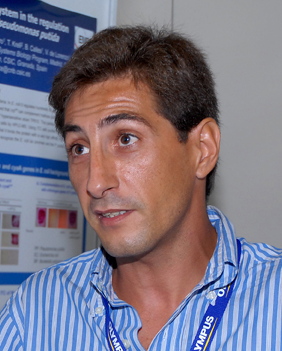 A second retraction has been issued in a case of research misconduct at the
A second retraction has been issued in a case of research misconduct at the chemistry department of chemical engineering at the University of Utah.
The first retraction, in August of 2013, got a lot of attention for how poorly faked the figures were. At the time, an expression of concern was issued on the paper that has just been retracted.
Today, we exchanged emails with Jeffery Botkin, the research integrity officer at the University of Utah, who ran the investigation into the misconduct. He summarized the report for us below. Continue reading University of Utah investigation fingers chem engineering grad student for misconduct








